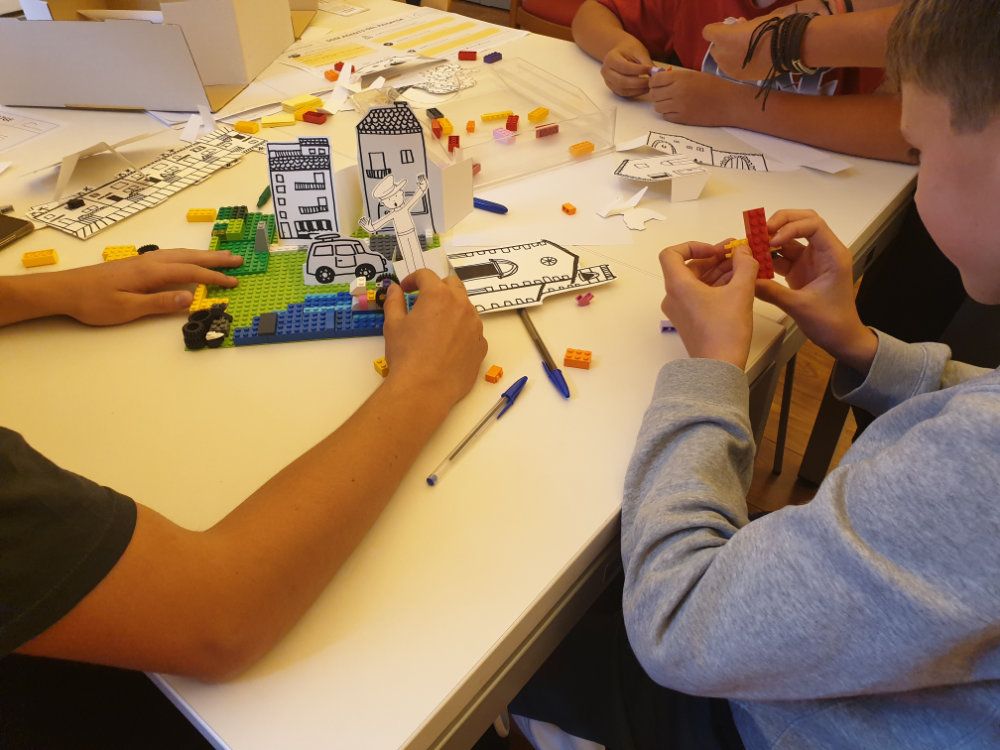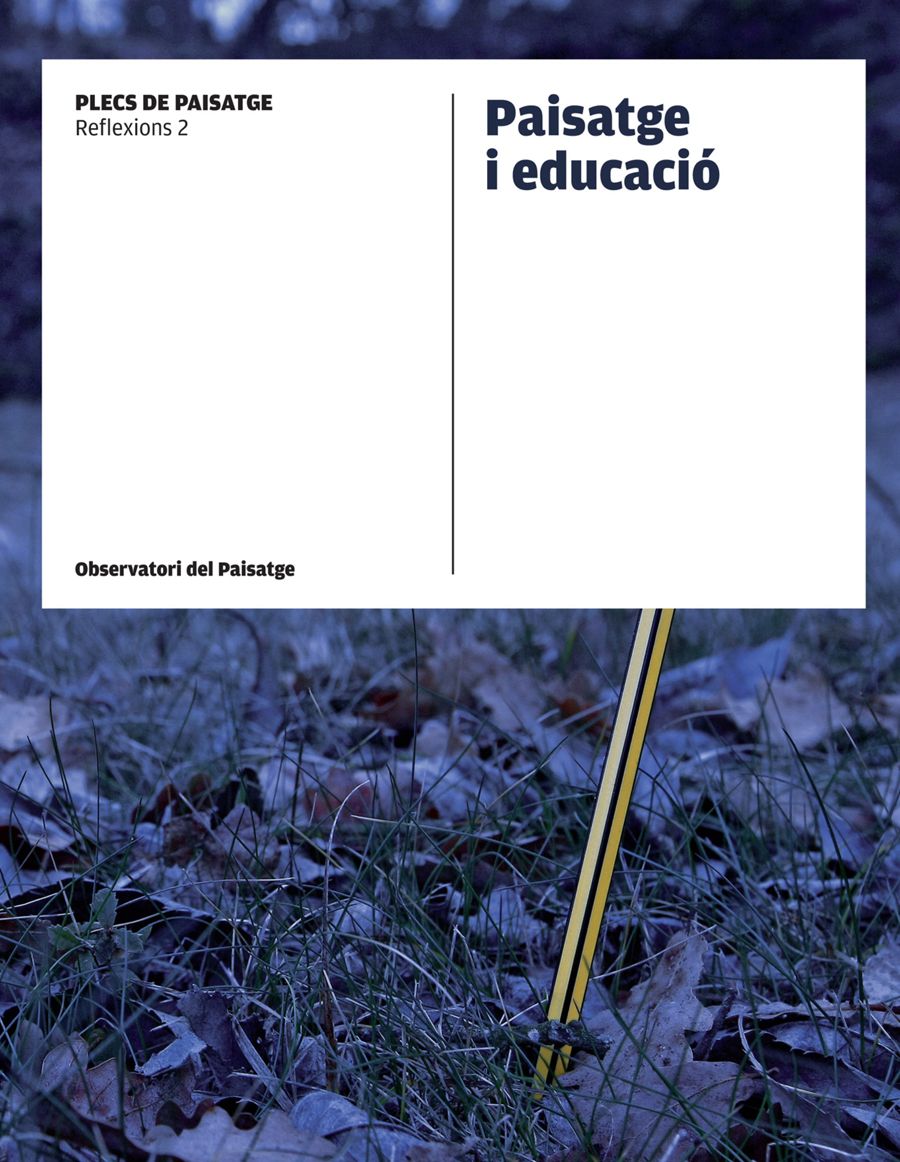Landscape and education
With the purpose to enhance the knowledge of Catalan landscape heritage and raise students' awareness to the need to preserve landscape values and understand the action of humans on natural surroundings, the Landscape Observatory receives different groups of students, participates in seminars and workshops and promotes several initiatives such as project City, Territory and Landscape, the seminar about Landscape and Education or the book with the same name, which includes the results of this seminar.

Projects and educational activities based on landscape for primary and secondary schools in Catalonia, Spain and the rest of the world, especially in Europe and South America.

This project is the result of collaboration between the Ministry of Land and Sustainability and the Ministry of Education of the Government of Catalonia and the Landscape Observatory of Catalonia, and is aimed at secondary school students and teachers in Catalonia.
It is an interdisciplinary initiative which offers the chance to work on the natural and human elements of the territory in a comprehensive manner and from the observation of specific, real landscapes, subject to very modern changes and problems. In 2011 the project received a special mention in the Council of Europe's Landscape Awards.
There are two elements to the didactic materials:

The workshop 'Som agents del paisatge' allows students to learn about the landscape and to discover its values while becoming aware of some of the dynamics currently affecting the landscapes of Catalonia.
The activity uses the educational methodology called “learning by doing”, which views learning as a significant and practical action. It starts with a brief initial explanation. Later, it uses gamification to pose some challenges that students have to solve.
The ultimate goal of this activity is for students to become ‘landscape agents’. They will achieve this by passing a series of tests that will lead them to learn about, identify and solve landscape-related challenges in a creative way, such as the best way for a village to grow in a given place, the most suitable location for renewable energy infrastructures, or how to tackle forest fires through living agricultural landscapes.
